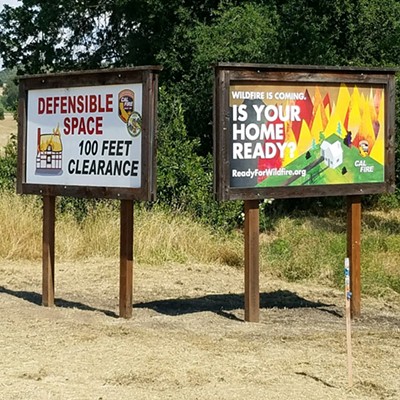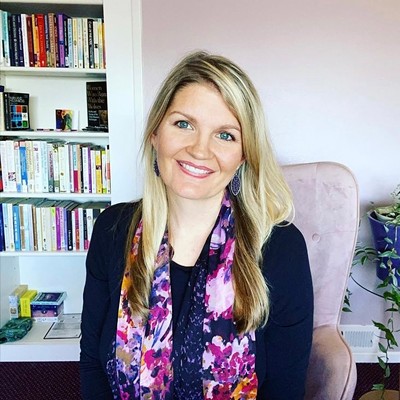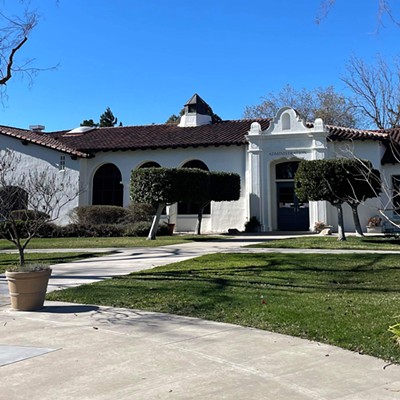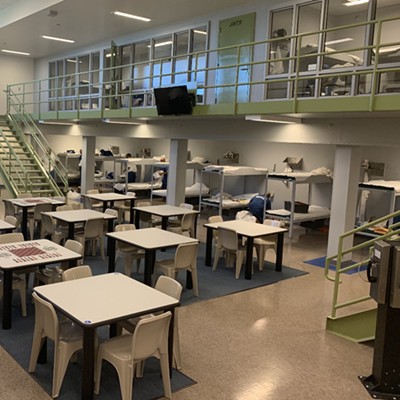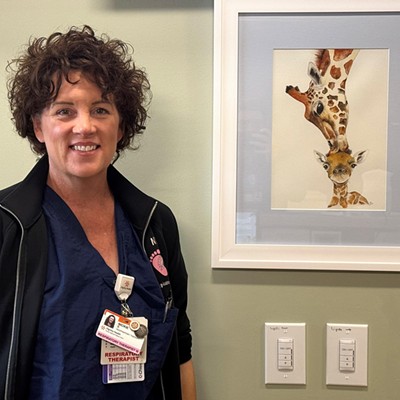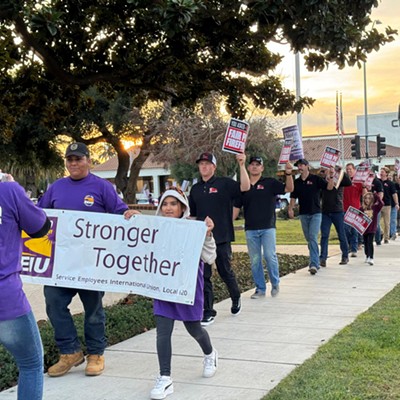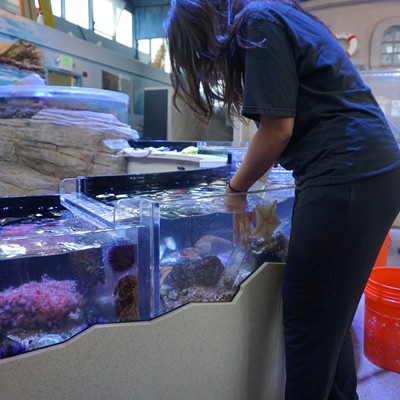Just days before a Lompoc man shot and killed his 18-year-old girlfriend on March 25, Santa Barbara County District Attorney Joyce Dudley called a meeting with her entire staff. She wanted to talk about one of her greatest concerns amid the spread of COVID-19: domestic violence.
“I said, ‘We’ve got to focus on in-home crime,’” Dudley told the Sun. “Then I was on the phone with the sheriff and the police chiefs. … I said, ‘We have to focus on this. This is the kind of crime we’re going to see.’ That call ended, and the next call I got was the domestic violence murder in Lompoc.”
Dudley’s premonition that Santa Barbara County would see an increase in domestic violence cases is based on one key aspect of this new and largely unprecedented reality: the stay-at-home orders.
“I’m going to be surprised, and this sounds horrible, if we can make it through this without another domestic violence homicide,” Dudley said. “And without a whole lot more victims that we’ll never know about.”
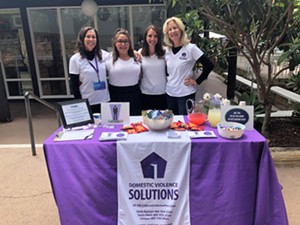
Jan Campell, executive director of Domestic Violence Solutions for Santa Barbara County, told the Sun that isolation has always been a tool used by abusers to manipulate their victims. But now that only essential workers are going to their jobs and everyone else is left to shelter in place, stay-at-home mandates are forcing many of those suffering from abuse to be quarantined in a dangerous environment.
“What I’m so worried about is people stuck inside,” Campbell said. “Abusers are very manipulative, so they can manipulate survivors into believing that there’s no resources available, that the police or paramedics won’t respond to their calls, that all the DV [domestic violence] shelters are closed.”
Not only do stay-at-home orders increase opportunities for abuse, but these mandates also cut off survivors from many of the friends, family, and everyday folks they typically interact with. These bystanders—and particularly those who are lawfully mandated to report—are now less able to report domestic violence crimes on behalf of survivors.
“Doctors, nurses, teachers, clergy, coaches—everybody who, under California law, is a mandated reporter of these kinds of crimes. No mandated reporters are seeing into the homes,” Dudley explained.
Campbell said that, so far, the number of crisis calls to her organization has actually dropped on a year-over-year comparison.
“Our emergency crisis calls for people seeking shelter are down from last year,” Campbell said. “That’s fairly common throughout the state.”
But the number of crisis calls is not an accurate barometer for domestic violence levels right now, Dudley said. Rather, it’s simply indicative of the fact that fewer outsiders are getting the chance to see what’s happening and report it.
To combat the danger of stay-at-home orders for domestic abuse survivors, Domestic Violence Solutions remains fully active and is getting creative with providing some of its services at a safe, social distance.
“We have a clinical director and two marriage and family therapists that work with us, and they were working only with the clients in the shelter,” Campbell said of her organization’s pre-pandemic operations. “Now they’re working via telehealth in the community. We’ve done a huge push, and we’re doing a huge radio campaign in Spanish, to put out the word that we do have counseling which we can do over the phone.”
Campbell also said that Domestic Violence Solutions has an advocate who speaks Mixteco, allowing the organization to reach Mixtec people as well. She also emphasized that all clients are welcomed regardless of their documentation status.
However, one challenge for survivors talking about their abuse over the phone is that they might not be able to safely do so in the presence of their abuser—especially if they are now at home with their abuser all day, every day.
For this reason, both Dudley and Campbell emphasized that individuals who are in situations of violence and abuse can always call 911 to at least seek immediate safety.
“If they are in physical danger, they need to call 911,” Campbell said.
Once that call is made, survivors can have a chance to safely inform law enforcement about what is going on, at which point Domestic Violence Solutions will respond to the call and offer its crisis services, including counseling and immediate shelter.
Because Domestic Violence Solutions’ Santa Barbara shelter has a large number of common areas, that location is no longer accepting new shelter clients out of caution for its current residents. However, Campbell emphasized that between a transitional housing unit the organization owns, its hotel voucher program, and the Santa Maria shelter, Domestic Violence Solutions is committed to sheltering all who are in need.
“Just because we’re not taking people in Santa Barbara doesn’t mean that we won’t be able to find a place for them somewhere in the county,” she said. “I’m committed to doing that.”
Another unknown that coronavirus has created for domestic violence—and for crime in general—is how to navigate criminal accusations amid court changes and closures.
“The court has maintained an open courtroom only available to the public electronically and by phone, but still there is a judge that’s hearing restraining orders,” Santa Maria-based family lawyer Tammi Faulks told the Sun. “It’s important that the public knows that they should absolutely call the police if they’re in danger and that they absolutely still have the ability to get access to the courts.”
And now, first hearings can be conducted over the telephone.
“We’ve never been able to do that before,” Faulks said. “We’ve been able to make [telephonic] appearances to continue a case. … But not to testify. I can’t even tell you what that’s going to look like.”
Campbell expressed a similar sentiment of concern at how overwhelmingly uncharted the path forward is for survivors as the situation continues to unfold.
“We’re doing what we can,” she said. “It’s sometimes heartbreaking and frustrating. But if you just help one person, … you’ve done your job.”
Reach Staff Writer Malea Martin at [email protected].



